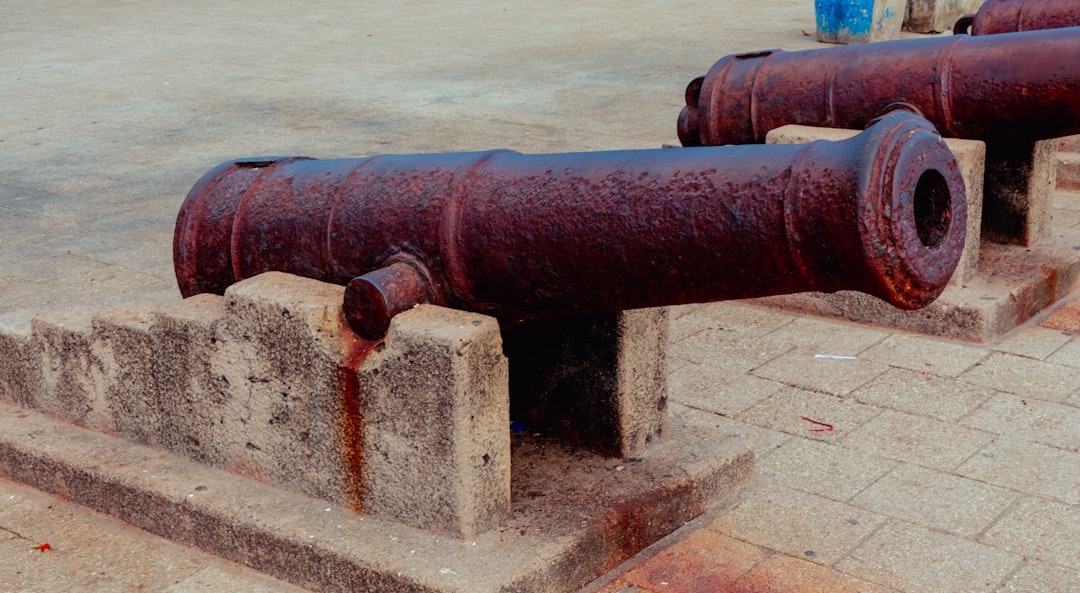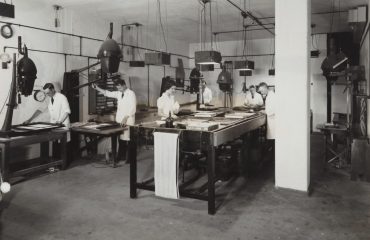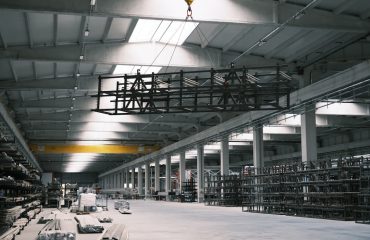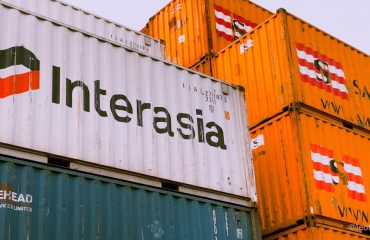body { font-family: sans-serif; line-height: 1.6; }
h1, h2, h3 { color: #333; }
img { max-width: 100%; height: auto; }
Industrial pipes are the unsung heroes of manufacturing, silently transporting crucial fluids, gases, and slurries throughout your facility. The choice of pipe material, size, and construction significantly impacts efficiency, safety, and the overall lifespan of your operations. This comprehensive guide delves into the critical considerations for selecting the right industrial pipes for your manufacturing needs.
Understanding Industrial Pipe Materials: A Deep Dive
The selection of pipe material is paramount, dictated by the transported medium’s properties (temperature, pressure, corrosiveness) and environmental conditions. Common materials include:
- Carbon Steel: A versatile and cost-effective option for applications with moderate temperatures and pressures. It’s strong and readily available but susceptible to corrosion, necessitating protective coatings or galvanization in certain environments.
- Stainless Steel: Superior corrosion resistance makes stainless steel ideal for handling aggressive chemicals, high-purity fluids, and applications requiring hygiene (e.g., food and pharmaceutical industries). Different grades (304, 316, etc.) offer varying levels of corrosion resistance and strength.
- Ductile Iron: Offers high strength and ductility, making it suitable for high-pressure applications and underground installations. Its resistance to corrosion is generally good, but coatings may be needed in aggressive environments.
- PVC (Polyvinyl Chloride): A lightweight and corrosion-resistant option for low-pressure applications handling non-aggressive chemicals. PVC pipes are cost-effective but have limitations in terms of temperature and pressure resistance.
- CPVC (Chlorinated Polyvinyl Chloride): A superior alternative to PVC, offering higher temperature and pressure resistance. It’s suitable for hot water and certain chemical applications.
- High-Density Polyethylene (HDPE): Known for its excellent chemical resistance, flexibility, and impact strength. HDPE is often used for underground piping systems and applications requiring long lengths without joints.
Industrial Pipe Applications Across Manufacturing Sectors
The diversity of manufacturing processes necessitates a wide range of pipe applications. Here are some examples:
- Chemical Processing: Stainless steel and other corrosion-resistant materials are crucial for handling various chemicals and preventing contamination.
- Food and Beverage: Sanitary stainless steel pipes are essential to maintain hygiene and prevent product contamination. Cleanability and ease of sterilization are key considerations.
- Pharmaceutical Manufacturing: Strict regulations require high-purity materials and seamless pipe systems to ensure product integrity and prevent cross-contamination.
- Oil and Gas: High-strength steel pipes are necessary to withstand high pressures and temperatures. Specialized coatings and linings are often used to prevent corrosion and erosion.
- Power Generation: High-temperature and high-pressure applications often utilize specialized alloys and advanced pipe designs to ensure safety and efficiency.
Ensuring Safety and Compliance with Industrial Pipe Systems
Safety is paramount in industrial settings. Proper pipe selection, installation, and maintenance are crucial to prevent leaks, ruptures, and other hazards. This includes:
- Regular Inspections: Visual inspections, pressure testing, and non-destructive testing (NDT) methods help identify potential issues before they escalate.
- Proper Support and Anchoring: Pipes need adequate support to prevent sagging, vibrations, and stress concentrations that could lead to failure.
- Correct Installation Techniques: Following manufacturer’s guidelines and industry best practices ensures leak-free joints and a secure system.
- Emergency Shutdown Systems: Implementing quick-release valves and other safety mechanisms allows for rapid response in case of leaks or emergencies.
- Compliance with Regulations: Adhering to relevant codes and standards (e.g., ASME, ASTM) ensures safety and legal compliance.
Maintenance and Repair of Industrial Pipes: Proactive Strategies
Proactive maintenance is crucial for extending the lifespan of industrial pipe systems and preventing costly downtime. This involves:
- Regular Cleaning and Flushing: Removing deposits and buildup prevents corrosion and maintains flow efficiency.
- Corrosion Protection: Applying coatings, linings, or cathodic protection systems extends the life of pipes in corrosive environments.
- Leak Detection and Repair: Promptly addressing leaks prevents further damage and ensures operational safety.
- Scheduled Inspections and Testing: Regular assessments identify potential problems before they become major issues.
- Pipe Replacement: Replacing aging or damaged pipes prevents failures and ensures continued reliable operation.
Selecting the Right Industrial Pipes: A Step-by-Step Guide
Choosing the right industrial pipes requires a systematic approach. Consider these factors:
- Fluid Properties: Identify the fluid being transported (e.g., temperature, pressure, corrosiveness, viscosity).
- Environmental Conditions: Assess the surrounding environment (e.g., temperature fluctuations, soil conditions, potential for corrosion).
- Flow Rate and Pressure: Determine the required flow rate and pressure to select the appropriate pipe diameter and wall thickness.
- Budgetary Constraints: Balance material cost, installation cost, and maintenance cost to find the most economical solution.
- Regulatory Compliance: Ensure the chosen pipes meet all relevant safety and industry standards.
- Long-term Maintenance Considerations: Factor in the ease of maintenance and the potential for future repairs.
By carefully considering these factors, manufacturers can select the optimal industrial pipes to ensure efficient, safe, and reliable operations.
SEO Tags:
Industrial Pipes, Manufacturing Pipes, Pipe Selection, Industrial Pipe Materials, Pipe Maintenance




